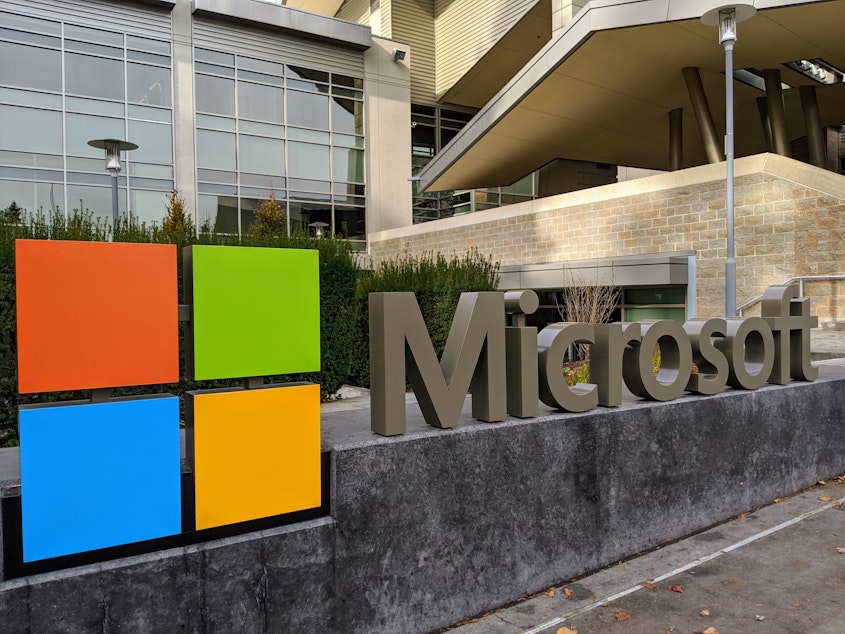AI help wanted: Job openings mentioning GPT increase by 80% since last year

It’s only been a few months since ChatGPT debuted, but already the technology has transformed the professional landscape.
The shift is obvious to anyone looking for white collar work. Since this time last year, LinkedIn job postings mentioning GPT have increased 79%. Today, 33 times more LinkedIn posts mention GPT or artificial intelligence than they did last year.
That’s according to Microsoft’s new Work Trends Index, an annual report released Tuesday. Microsoft surveyed 31,000 people in 31 countries and analyzed data from its workplace software and LinkedIn platform for the report.
Much ink has been spilled about the threat of job displacement by generative artificial intelligence, the technology powering ChatGPT and other services. It’s not hard to see why. ChatGPT has an uncanny ability to write functional code, mimic the tone of news outlets, and even create works of art.
But Microsoft says workers should be less concerned about losing their jobs and more focused on learning the skills needed to leverage the technology, like how to write prompts. Of the managers surveyed, just 16% said they expected AI to reduce their headcount while 34% predicted the technology would boost productivity.
As a major investor and partner with OpenAI, the organization behind ChatGPT, Microsoft has reason to present an optimistic view of the technology. The company has been developing a wide range of AI products, including its yet-to-be-released New Bing search engine and Microsoft 365 Copilot. Microsoft is rolling out new Copilot features Tuesday along with the release of the Work Trends report.
Sponsored
Generative AI does open up a wide range of opportunities for white collar work. The average worker surveyed by Microsoft spends 57% of their time on tasks that could be automated, like email, chat, and meetings. That amounts to two full workdays, leaving just 43% of their time for creative projects. Some 70% of workers said they would delegate as much of that work as possible to AI.
“The volume of data, emails, meetings, and chats has outpaced humans ability to process it all,” said Microsoft’s Jared Spataro in a video accompanying the report.
“Somehow, it's easier than ever to communicate but it's harder than ever to keep up.”
But that doesn’t mean fears of job displacement are unfounded. A recent report from Goldman Sachs economists found about two-thirds of current jobs across the U.S. and Europe could be partially automated and about a quarter could be done entirely by AI.
"The data is clear,” Spataro said. “As work evolves with AI, we need to evolve too."




